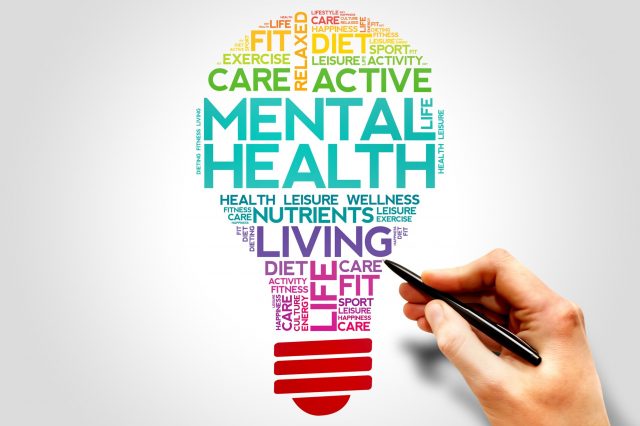Jacqueline Herron graduated from Pepperdine in 2014 with a master’s degree in clinical psychology and earned her BA from UC Santa Cruz in Psychology. During her educational journey, Jacqueline Herron grew a deeper appreciation for the benefits of a holistic approach to health. Today, Jacqueline Herron will look at the correlations between nutrition and mental health. While we often think of our diets as something that contributes to our physical well-being, there’s also a strong bond between what we eat and how we feel.
A healthy diet can help a person think more clearly and sleep more soundly. Well-rested people typically have an easier time managing their stress levels. A highly nutritious diet can also improve concentration and allow people to thrive in their careers. On the other hand, a diet that lacks the nutrition a person needs can slow down reaction time, lead to fatigue and even impact the ability to make decisions correctly. Many people who suffer from anxiety and depression experience more significant symptoms when they aren’t fueling their body properly.
As a major proponent of smart nutritional decisions, Jacqueline Herron encourages people to limit or completely eradicate processed foods from their diets. Heavily processed foods will typically have a significant amount of sugar in them. Copious amounts of sugar is unhealthy, but it is also addictive. Jacqueline Herron notes that the brain becomes unconsciously trained to crave more sugar in a way that doesn’t occur when a person eats foods like fruits and vegetables. The reason processed foods are addicting is that they stimulate the dopamine centers in the brain. People who have grown addicted to sugary foods will be drawn back to them repeatedly because it changes the physiology of the brain.
People who eat diets with a significant amount of sugar and processed foods often deal with inflammation of the body and the brain, which can directly link to anxiety, depression, and mood disorders. People feeling down will often turn to the same foods that helped contribute to their issues for relief. Jacqueline Herron notes that people can do themselves as much of a disservice by overeating as they can by skipping meals. People who don’t eat enough are often too exhausted to prioritize physical fitness or go outside for a mental health break. The cycle of poor nutrition can feel overwhelming, but it can be broken.
It is much easier to change eating habits when temptations aren’t constantly present. When people know that a cavalcade of sugary snacks are in the pantry, it can be difficult to grab an apple for a snack. Purging a pantry of processed, sugary foods is the first step to boosting mental health. Grocery lists prioritizing fruits, vegetables, and foods like salmon, which are rich in omega-3 fatty acids, and can satisfy hunger while enriching the soul. Dark leafy greens like kale have been linked to improving brain function, as have beans, lentils, and many different nuts and seeds.
Jacqueline Herron recommends keeping a food journal, as most people do not track what they eat. Mindful eating practices are a great form of meditation and appreciation. Paying attention to each bite and consciously asking oneself how the food impacts mood can make it much easier to make smarter food choices. Another great thing about a food journal is that it can be used to document when cravings arise. The action of writing down the craving will often be enough for the brain to recognize the true reason behind the craving and move on to something else.
Finally, Jacqueline Herron understands that some people need additional professional help to break free from a cycle of unhealthy eating habits. Stress and depression can be so severe that managing them alone feels practically impossible. Everyone should understand that they are not in their health journey alone. Professional counselors are always available to help. Seeking help is never a sign of weakness or failure. It’s actually a sign of strength and a great step towards providing oneself the love and support that they deserve.






